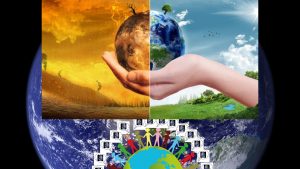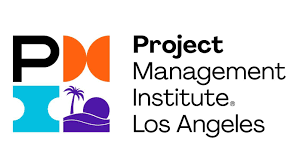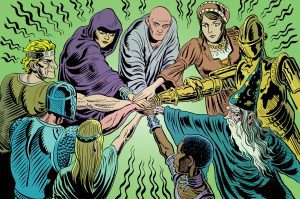There are a number of psychological hurdles we must overcome to engage with a problem. Our brains are designed to conserve our body’s energy resources, and it has a number of tricks it plays on us to keep us from expending energy, even in the face a problem that must be solved. Our continued burning of fossils and the subsequent climate and biodiversity-loss crises pose the biggest threat to humankind we have yet faced. How we humans are responding to these crises expose many of the tools the brain deploys to keep us from taking action and expending energy. These tools are called unconscious biases. In this video I share four unconscious biases that we humans are using to avoid taking action to address the existential crises of our time.
Thanks to Matthew Cahill of The Precipio Company (https://percipiocompany.com/) for his input on this talk.
[Transcript]
I’m giving a brief talk about unconscious biases and how they affect our action or inaction to address the climate crisis. And I’m giving this talk to my ProVisors Networking group, and I thought I would share it with you. So let’s get started.
Unconscious biases serve as an energy saving technique for our brain. If we can avoid expending the energy of making decisions, then that saves energy for the brain to do other things. Unconscious biases serve as one of those tools. These are mostly beneficial, but sometimes they can be harmful when the brain inaccurately assesses risk. And, by not taking action, you will end up preserving a status quo when maybe that’s not the most appropriate thing to do. Media know about our unconscious biases, and people who advocate for inaction and preserving the status quo use our unconscious biases to their benefit to keep us from not taking action. The unconscious biases that I’ll go over today are Normalcy Bias, Bystander Effect, Survivors Bias, and Backfire Effect.
The first is Normalcy Bias. What this one does is trick our brain into thinking that everything is fine, even when it’s not. And, it’s particularly easy to trick the brain when the threat is invisible, like say a deadly virus, or an invisible greenhouse gas. Everything looks fine, so the brain tricks us into thinking everything’s fine.
All right, the next one is the Bystander Effect. Even when our brain does see that there’s some kind of urgent emergency happening, we’ll trick ourselves into thinking that somebody else will take care of it. And therefore, we can avoid expend the energy of making the decision to do something, and the energy of taking action on actually doing something.
And then the third one is Survivors Bias. “I made it this far, so I’m going to be okay.” It’s particularly easy for our brain to trick ourselves when we live in more resilient communities than in less resilient communities, “Oh yeah. So they may have a problem, but we’ll be fine here.” And another thing is, if you live in a place where the climate is particularly mild, like we do here in California, then we can trick ourselves into thinking, “Oh yeah, everything’s fine, there’s no problem here,” while maybe the rest of the nation or the globe is having extreme weather events.
All right. And then the last one I’ll go over is the Backfire Effect. When our brain is confronted with some information that it doesn’t want to hear, then we go into, “la, la, la, la, la, la, la, la, la,” and we just ignore it and deny it. And that allows us to preserve whatever beliefs or thoughts that we had, without having to expend energy to change the way we think, and perhaps have to take action to address some emerging issue.
So these are just four of the things our brain does to trick us and keep us from addressing the climate crisis because if our brain does accept it, then that next step is you start to feel guilt for not taking action. And so, these biases will have the effect of saving energy, avoiding taking action, and avoiding any feelings of guilt by tricking our brains into thinking that there isn’t an emergency.
All right, thanks so much for listening.



